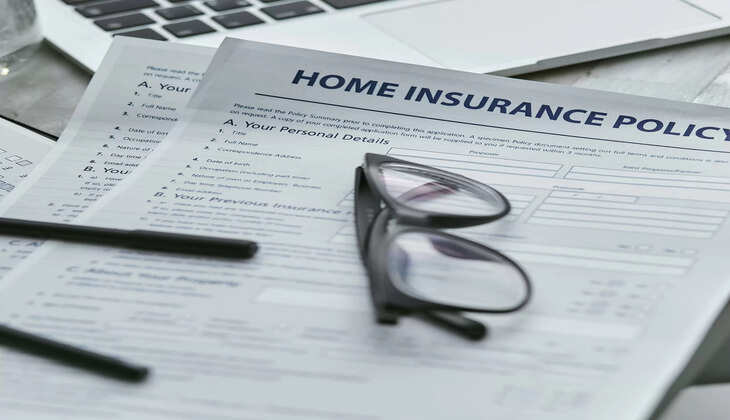Home Insurance

Home insurance, also known as homeowner's insurance or property insurance, is a type of coverage designed to protect homeowners from financial losses resulting from various risks and liabilities associated with their residential property. Here are some key aspects of home insurance:
-
Coverage: Home insurance policies typically provide coverage for the following:
-
Dwelling Coverage: Protects the physical structure of the home, including the walls, roof, floors, and foundation, against damage or loss due to covered events such as fire, theft, vandalism, lightning, windstorms, and certain natural disasters.
-
Personal Property Coverage: Covers personal belongings inside the home, such as furniture, appliances, electronics, clothing, and valuables, against damage or loss caused by covered events, both inside and outside the home.
-
Liability Coverage: Protects homeowners from legal liabilities arising from bodily injury or property damage claims brought against them by third parties, such as guests or visitors, who are injured on the property or as a result of the homeowner's actions.
-
Additional Living Expenses (ALE) Coverage: Provides financial compensation for temporary living expenses incurred when the home becomes uninhabitable due to a covered event, such as fire or severe weather, and the homeowner needs to seek alternative accommodation.
-
Other Structures Coverage: Covers detached structures on the property, such as garages, sheds, fences, and swimming pools, against damage or loss caused by covered events.
-
-
Premium: Home insurance requires the payment of a premium, which is the cost of the insurance coverage. Premiums are typically based on factors such as the value and location of the home, the level of coverage selected, the deductible amount, the homeowner's claims history, and the presence of safety and security features.
-
Policy Limits and Deductibles: Home insurance policies may include limits on the amount of coverage provided for certain types of losses or liabilities. Additionally, policies may have deductibles, which are the amounts that the insured must pay out of pocket before the insurance coverage applies.
-
Endorsements and Add-Ons: Home insurance policies can be customized with endorsements and add-on coverages to enhance protection and address specific needs or risks. Common endorsements include coverage for high-value items, identity theft, sewer backup, and earthquake or flood damage.
-
Legal Requirements: While home insurance is not legally required by law, mortgage lenders typically require borrowers to purchase a minimum level of coverage to protect the lender's financial interest in the property. Additionally, certain types of coverage, such as flood insurance, may be required in high-risk areas or designated flood zones.
-
Importance of Home Insurance: Home insurance is essential for homeowners to safeguard their investment and financial security against unforeseen risks and liabilities that could otherwise result in significant financial losses. It provides peace of mind and protection for the home, personal belongings, and liability exposures, helping homeowners recover and rebuild after a covered loss.
Overall, home insurance is a vital form of protection for homeowners, providing comprehensive coverage for their property, belongings, and liability risks. It's important for homeowners to carefully evaluate their insurance needs, review policy options, and work with a trusted insurance advisor to secure appropriate coverage that meets their specific requirements and offers sufficient protection for their home and assets.
